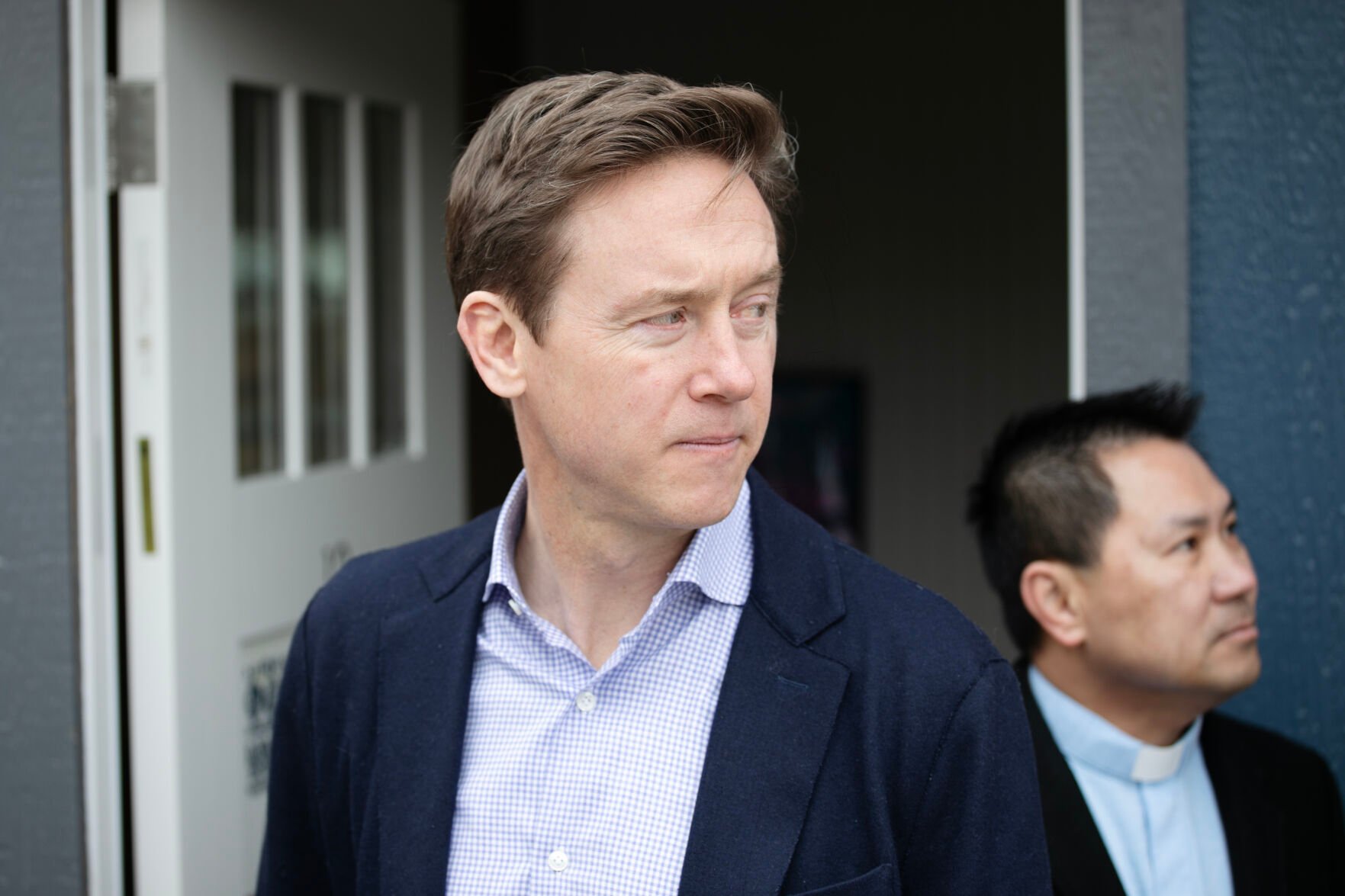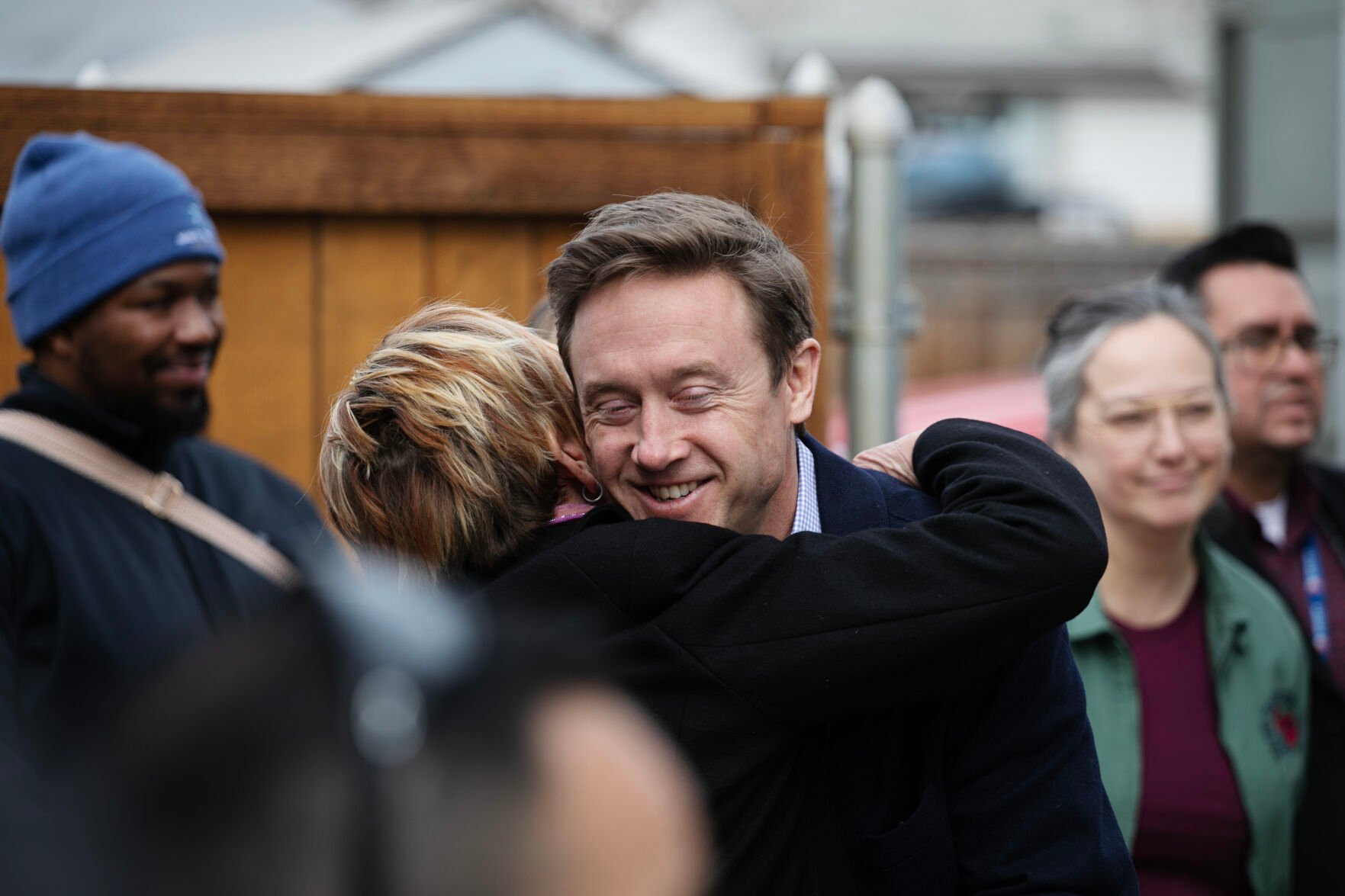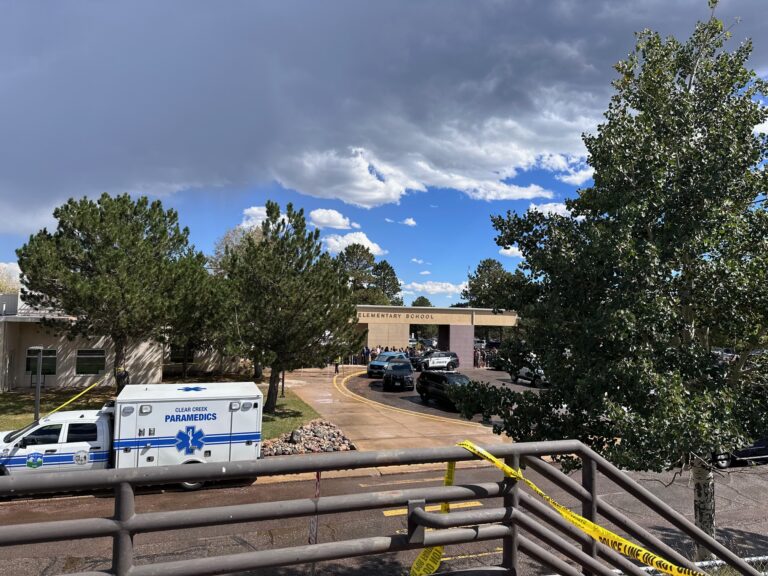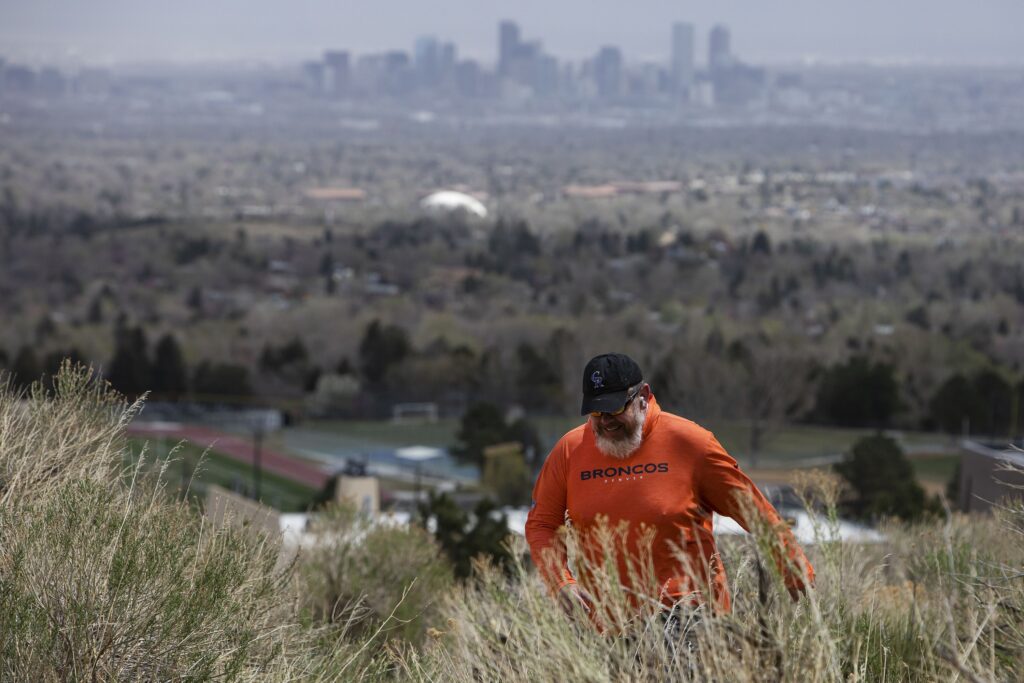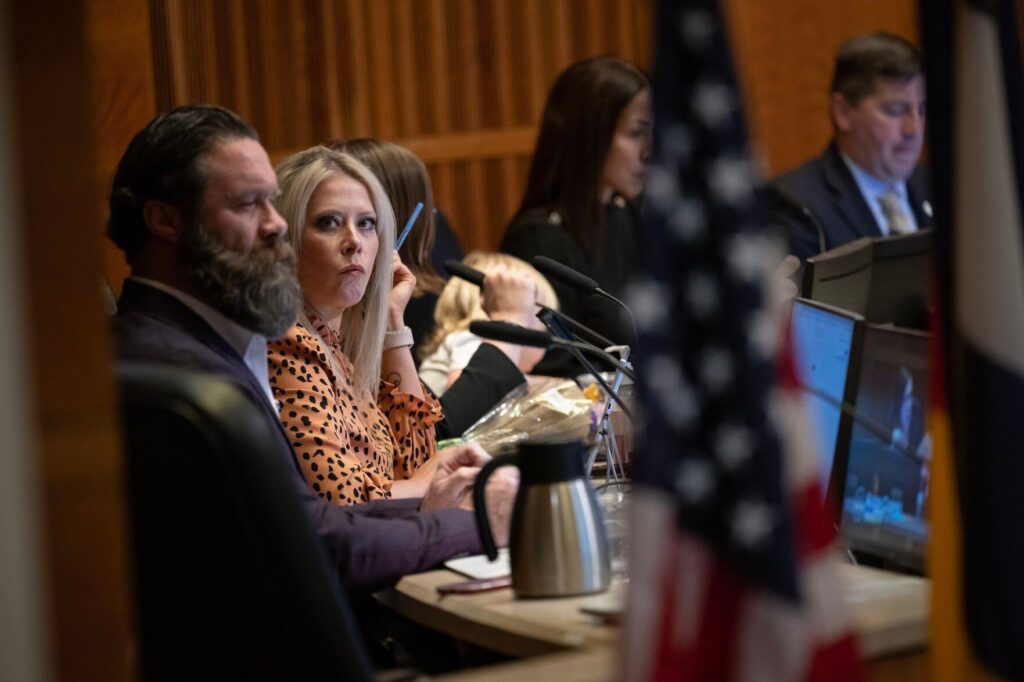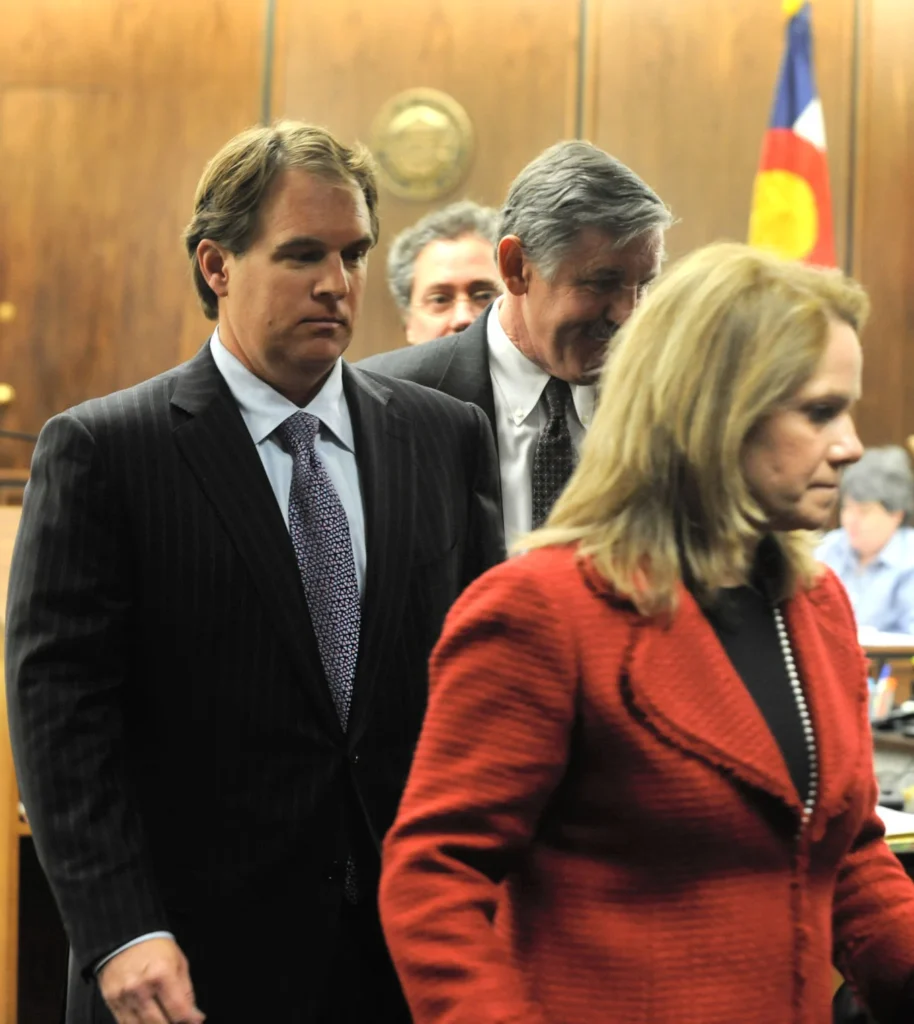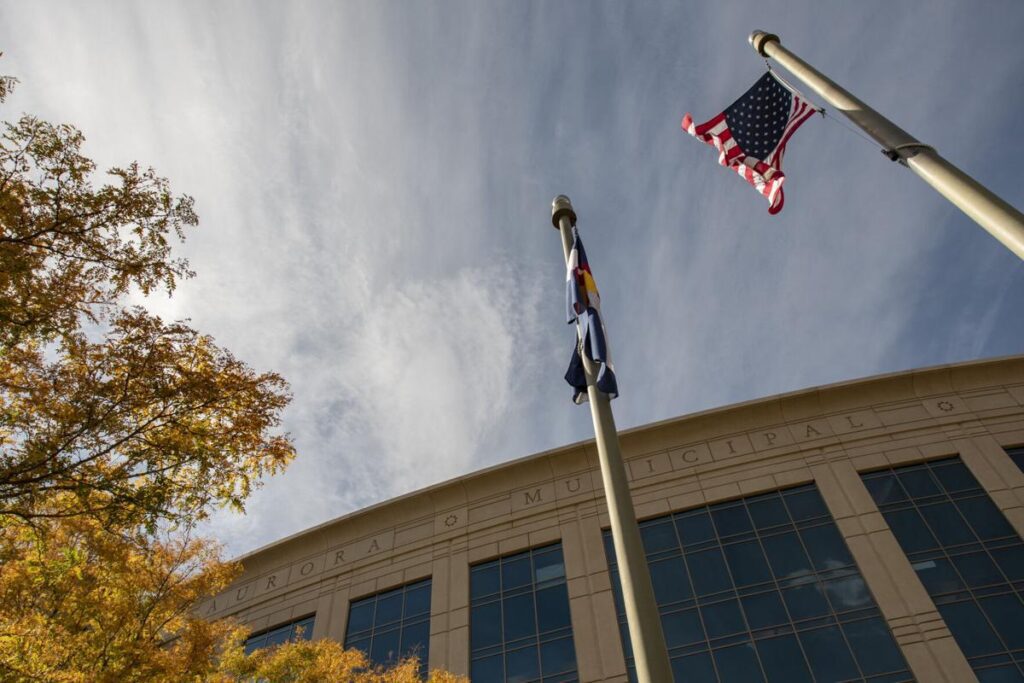Mike Johnston opens city’s largest homeless ‘micro-community’ in Overland Park

Denver opens ‘flagship’ micro-community for homelessTom Hellauer
tom.hellauer@denvergazette.comTomHellauer
tom.hellauer@denvergazette.com
https://secure.gravatar.com/avatar/a3dc80c0a9d47d671f1f3da872cc0a06?s=100&d=mm&r=g
Denver’s largest “micro-community” – a taxpayer-funded program that offers shelter to homeless people – officially opened on Monday, the culmination of a process that encountered pushback from nearby residents.
The site at 621 W. Wesley Ave., just south of the intersection Santa Fe Drive and Evans Avenue on the east side of the Platte River, consists of 60 pre-fabricated “tiny” homes and a community center fenced off from the nearby Overland Park neighborhood.
Johnston is calling the micro-community “La Paz.” Micro-communities are a key component of the mayor’s campaign, which embraces a “housing first” approach, to curb homelessness in Denver.
“We think the first step is to stabilize people with housing, and then this site will have services on-site,” Johnston said.
It took the city six months to construct the community, which will initially house roughly 50 people, some from an encampment that’s being cleared at West Colfax Avenue and Umatilla Street.
They will move into the site on Tuesday.
“If someone wants and needs workforce training, we’ll have that option. If they need mental health support or addiction treatment, we’ll have those options,” Johnston said.
“We think this is the best place to get people connected to those services,” he added.
Each “tiny” unit features a twin bed with underneath storage, shelf or closet, a desk and air conditioning or heating. And residents will receive three meals a day.
“It’s amazing to see this site. It’s really beautiful,” Cole Chandler, the mayor’s senior homeless advisor, said.
“We set up a ton of infrastructure in the first six months, and now we’re working on building sustainable systems around that infrastructure,” said Chandler, adding, “To have a site that we can immediately move people into from another encampment and resume that work this month is exhilarating.”
Johnston’s administration spent $45 million to provide temporary housing for 1,135 homeless people in 2023, and the mayor expects to spend $50 million to get another 1,000 people out of the city’s streets this year.
Situated right next to the Overland Park neighborhood, the site’s selection was met with pushback from nearby residents, who fear it will draw crime, loitering, and increased drug use, not to mention depress property values in the area.
The new micro-community is poised to welcome 47 homeless people on Tuesday, according to the site’s operator, Colorado Village Collaborative.
The city had approved a little over $2.2 million for the Colorado Village Collaborative to operate the site. The group will provide inside and outside security, oversight for health services, food, maintenance and staffing.
It is the group’s sixth operational micro site, according to Cuica Montoya, the group’s senior director of homeless programs.
“We don’t anticipate any safety concerns,” said Montoya. “We got to really build out our budget and build it with the staff that we know we’re going to need.”
Montoya said the group responded to the community’s worries by “meeting (them) in the middle,” adding it added security guards.
Colorado Village Colaborative CEO Dede de Percin said the plan is for 15 of the more experienced staff members to operate the site.
“The folks that are going to be moving in are, in fact, the population that we’ve always focused on,” she said. “This is the work that everybody loves doing and why we’re here. So, I think everybody’s maybe a little nervous, but also really excited.”
The site will initially undergo a six-month community study period, which, if all goes well, could result in the micro-community expanding to 120 units, according to city officials.
The transition time will determine if the neighborhood’s worries become reality, according to the Colorado Village Collaborative.
Flor Alvidrez, the micro-community’s District 7 council representative, acknowledged the “community tension.”
“I think that there was an understanding or hope that the micro-community would serve people in the district, as well, and that’s not happening,” she said. “I think that has hurt the feelings of the people in district seven.”
The District 7 Councilmember added, “It’s going to take a few more steps before we actually see the impacts of helping the people experiencing homelessness in district seven.”
The assurances from Johnston and others have not assuaged Craig Arfsten, founder of Safe and Clean Denver, who appealed the zoning decision for the site based on a technicality.
“Today may be a win for the mayor, but it’s not for the residents of the Overland Park neighborhood,” Arfsten told The Denver Gazette. “Yes, the pallet sheds are in place, but the safeguards to protect the surrounding neighborhood are not.”

